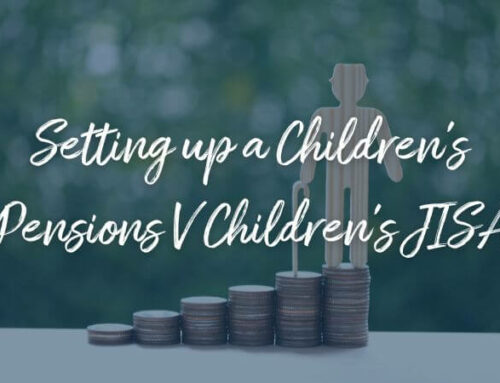A Lifetime Mortgage involves taking a type of mortgage that does not require monthly repayments, although with some plans rather than roll up the interest you can opt to make monthly repayments if you wish.
You retain ownership of your home and interest on the loan is rolled up (compounded). The loan and the rolled up interest is repaid by your estate when you die or move into long-term care.
If you are part of a couple, the repayment is not made until the last remaining person living in the home either dies or moves into care, meaning that both you and your partner are free to live in your home for the rest of your lives.
If you take out a Lifetime Mortgage, you can choose to receive your funds in a lump sum or in smaller, regular amounts. There is also an option available to increase the amount you have borrowed as and when you want to, up to the maximum limit agreed with the plan provider.
You can also elect to protect some of the value of your property as an inheritance for your family, meaning that you can benefit from releasing equity while still retaining something to pass on to your children.
Some people may be able to release larger lump sums due to impaired health or may prefer to make a monthly repayment in part, or in full, with an option to roll up at a later date if the monthly repayments became unaffordable.
To understand the features and risks of an Equity Release Scheme please ask for a personalised illustration.
A typical fee for Equity Release is £795.00.
Would you like to find out more?
Clifford Osborne are Lifetime Mortgage specialists based in East Sussex. We’d be delighted to offer you a free initial review to discuss Equity Release and/or Lifetime Mortgages – please get in touch to book yours. We are often visiting clients across the South East, including Eastbourne, Brighton, Tunbridge Wells, Hastings, Bexhill, Lewes, Uckfield, Heathfield, Newhaven and further afield.
Learn more about us or read more financial advice in our blog.
Please read our VoucherFor reviews here.
The value of investments can go down as well as up and you may not get back the full amount you invested. The past is not a guide to future performance and past performance may not necessarily be repeated.
It is important to take professional advice before making any decision relating to your personal finances. Information within this blog is based on our current understanding of taxation and can be subject to change in future.
It does not provide individual tailored investment advice and is for guidance only. Some rules may vary in different parts of the UK; please ask for details. We cannot assume legal liability for any errors or omissions it might contain. Levels and bases of, and reliefs from, taxation are those currently applying or proposed and are subject to change; their value depends on the individual circumstances of the investor.
The value of investments can go down as well as up and you may not get back the full amount you invested. The past is not a guide to future performance and past performance may not necessarily be repeated.
If you withdraw from an investment in the early years, you may not get back the full amount you invested. Changes in the rates of exchange may have an adverse effect on the value or price of an investment in sterling terms if it is denominated in a foreign currency. Taxation depends on individual circumstances as well as tax law and HMRC practice which can change.
The information contained within the blog is for information purposes only and does not constitute financial advice.
The purpose of the blog is to provide technical and general guidance and should not be interpreted as a personal recommendation or advice.






